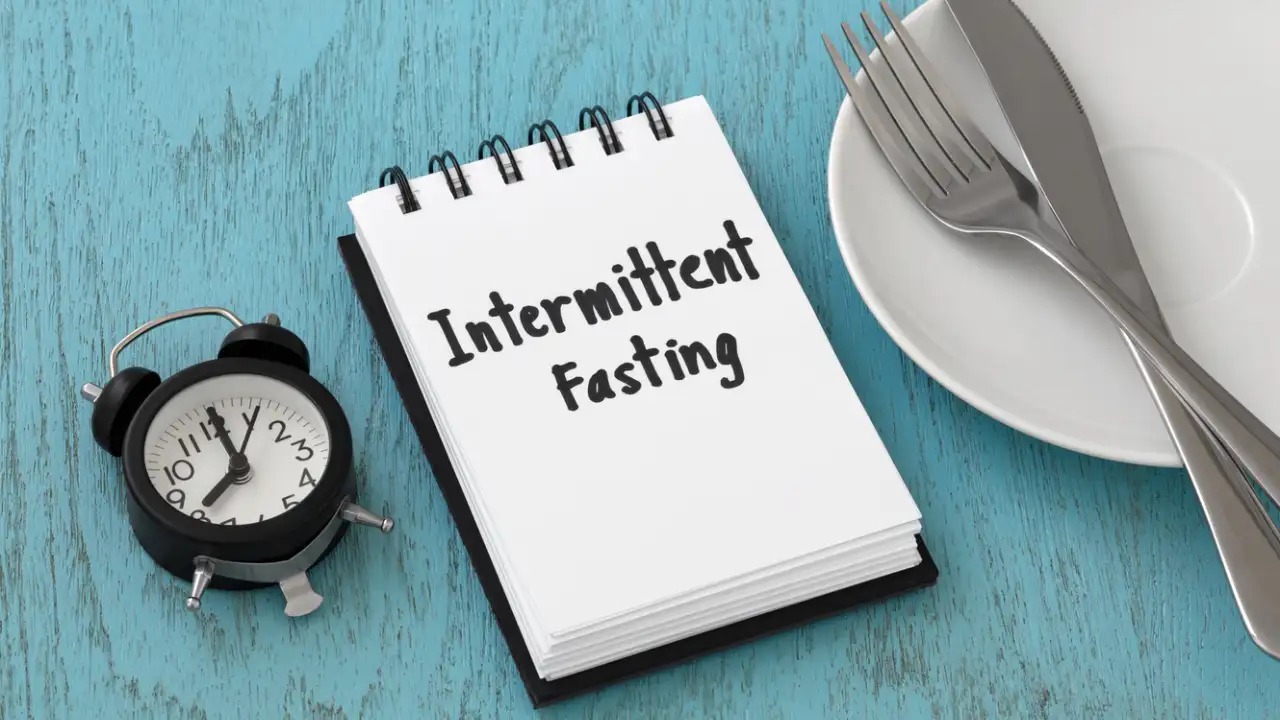Copyright timesnownews

Intermittent fasting (IF) has claimed its place in wellness culture as a shortcut to weight loss and “metabolic mastery.” But a new systematic review, published in Nutrients, turns the hype on its head, revealing that skipping breakfast regularly may carry serious, long-term health consequences. What the research says Researchers analysed nine observational studies involving around 118,000 participants from countries including Korea, Japan, Iran, Brazil and the US. They found that people who routinely skipped breakfast had: a 10% higher risk of developing metabolic syndrome (a cluster of conditions like high blood pressure, excess waist fat, elevated blood sugar and abnormal cholesterol).a 17% increase in abdominal obesity.a 21% higher risk of high blood pressure.a 13% increase in disturbed blood lipids (cholesterol/triglycerides).a 26% higher risk of elevated blood sugar. Beyond that, deeper research suggests breakfast omission may alter gut microbiota, upset circadian rhythm, increase sympathetic nervous system activity (stress-driven), and tip the balance of insulin sensitivity, all mechanisms that raise the spectre of irreversible health damage. Why skipping breakfast may backfire Skipping your morning meal may feel like a bold metabolic move, but experts warn the body doesn’t always view it that way. When you finish your overnight fast without refuelling, your body’s internal clock, hormone regulation and glucose control can go off script. One meta-analysis noted that skipping breakfast was associated with increased LDL cholesterol levels and worsened cardiovascular risk factors. Additionally, skipping breakfast can lead to a “rebound” effect: you may consume more calories later, opt for high-calorie foods, and disrupt normal hunger and satiety cues. Combined with altered cortisol/adrenaline responses, this creates an environment where metabolic damage isn’t just possible, it may be probable. What should you do?Prioritise a morning meal: Choose a balanced breakfast with protein, fibre and healthy fats to stabilise your blood sugar and set a healthy metabolic rhythm.Avoid unstructured meal-skipping: The risk in these studies came from haphazard breakfast omission, not supervised, well-planned IF.Watch your overall eating window, quality and rhythm: If you’re going to fast, do it intentionally and preferably under guidance, avoid jumping into extreme time-restricted eating without understanding your body’s needs.Get a full lifestyle check-in: Your diet doesn’t act alone. Sleep quality, physical activity, stress levels and family history all interact with how your body handles meal timing.Consult a healthcare professional before making big changes, especially if you have existing cardiovascular risk factors or metabolic issues. Intermittent fasting isn’t inherently bad, yet skipping breakfast without strategy may be quietly damaging your metabolism, gut health and long-term wellness. Instead of following trends, focus on consistency, nourishment and timing that suit you.



